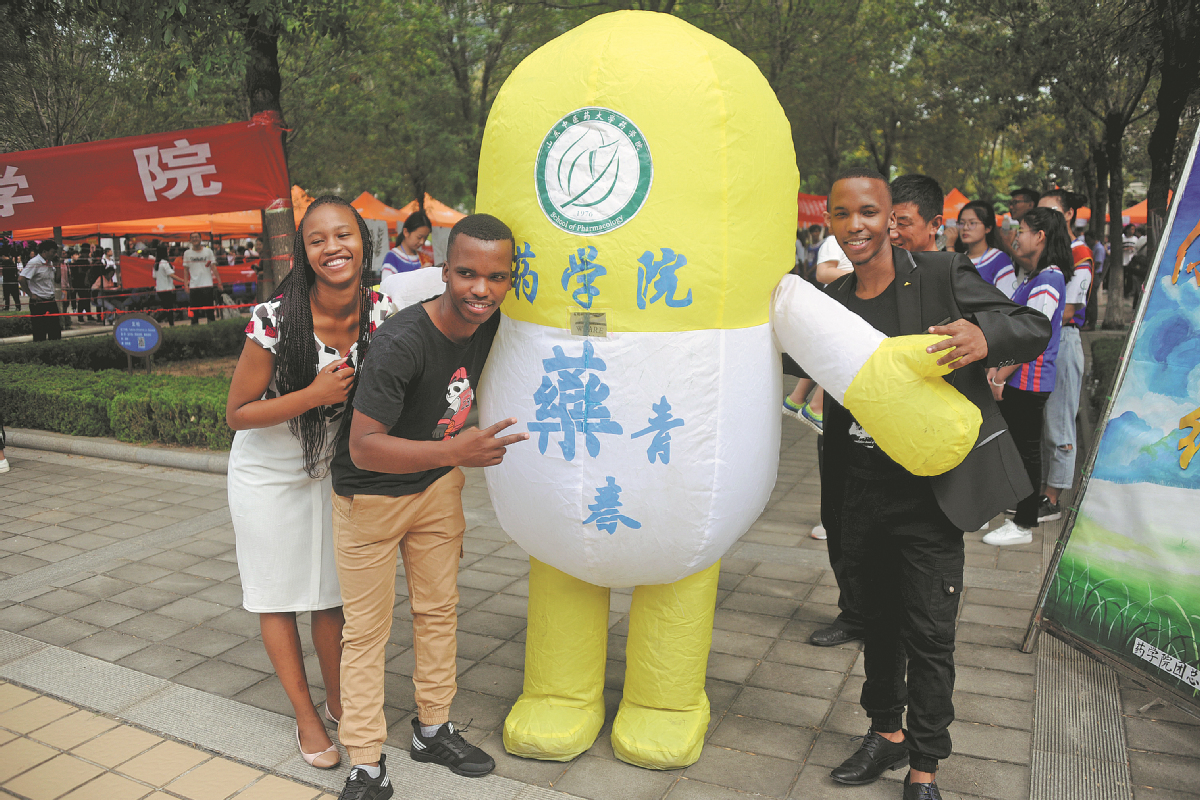Diagnosis of success for Iranian TCM advocate's healthy outlook


Iran is one of the most important countries involved in the Belt and Road Initiative, and there is great potential for medical cooperation with China. Traditional Chinese medicine is developing rapidly in Iran and has a bright future. Data from Iran's Ministry of Health and Medical Education showed that there were more than 200 acupuncturists in the country in 2016. Meanwhile, Iranians are taking to using traditional Iranian herbal medicine, providing good potential for Chinese alternatives to enter the market.
In 2010, the ministry formulated the Regulations on the Implementation of Complementary and Alternative Medicine, which divides complementary and alternative medicine into more than ten types. Traditional Chinese medicine is listed as a holistic medicine, alongside heritage medicinal practices from other ancient cultures such as India. The regulations stipulate that foreign university degree recipients are allowed to conduct medical activities within a prescribed scope.
In order to standardize and improve the scientific nature of diagnosis and treatment in traditional Chinese medicine, in 2014 the Office of Technical Evaluation, Standardization, and Health Expenses of the Ministry of Health and Medical Education of Iran and the Office of Clinical Guideline Standardization jointly formulated and promulgated clinical guidelines and practice specifications.
The measures cover ten different TCM practices, from acupuncture and massage to limited bloodletting, and set standards for use cases, precautions, procedures, materials and hygiene. However, more needs to be done to bring practices in line with international standards in areas such as education and equipment.
In recent years, traditional medicine in Iran has gone from prohibition to acceptance, overcoming a low profile, unfamiliarity and lack of support, and is now becoming a mainstream complement to the country's medical system. With joint efforts by both China and Iran, deeper cooperation and exchange can promote the progress and development of traditional medicine to better meet the health needs of both countries' peoples.
Fang Aiqing contributed to this story.
Ehsan Doostmohammadi is an associate researcher with the School of History and Culture at Southwest University in Chongqing.




































